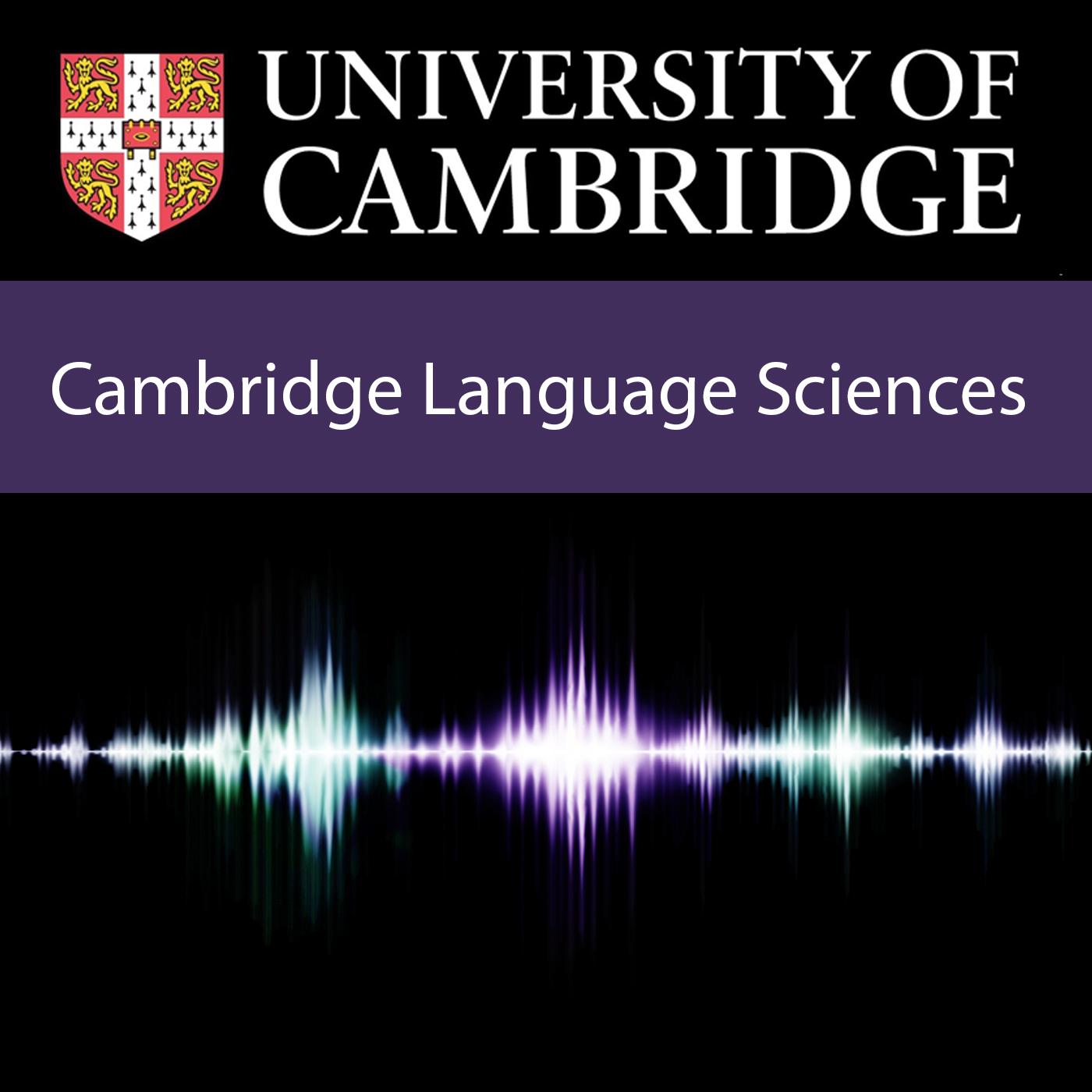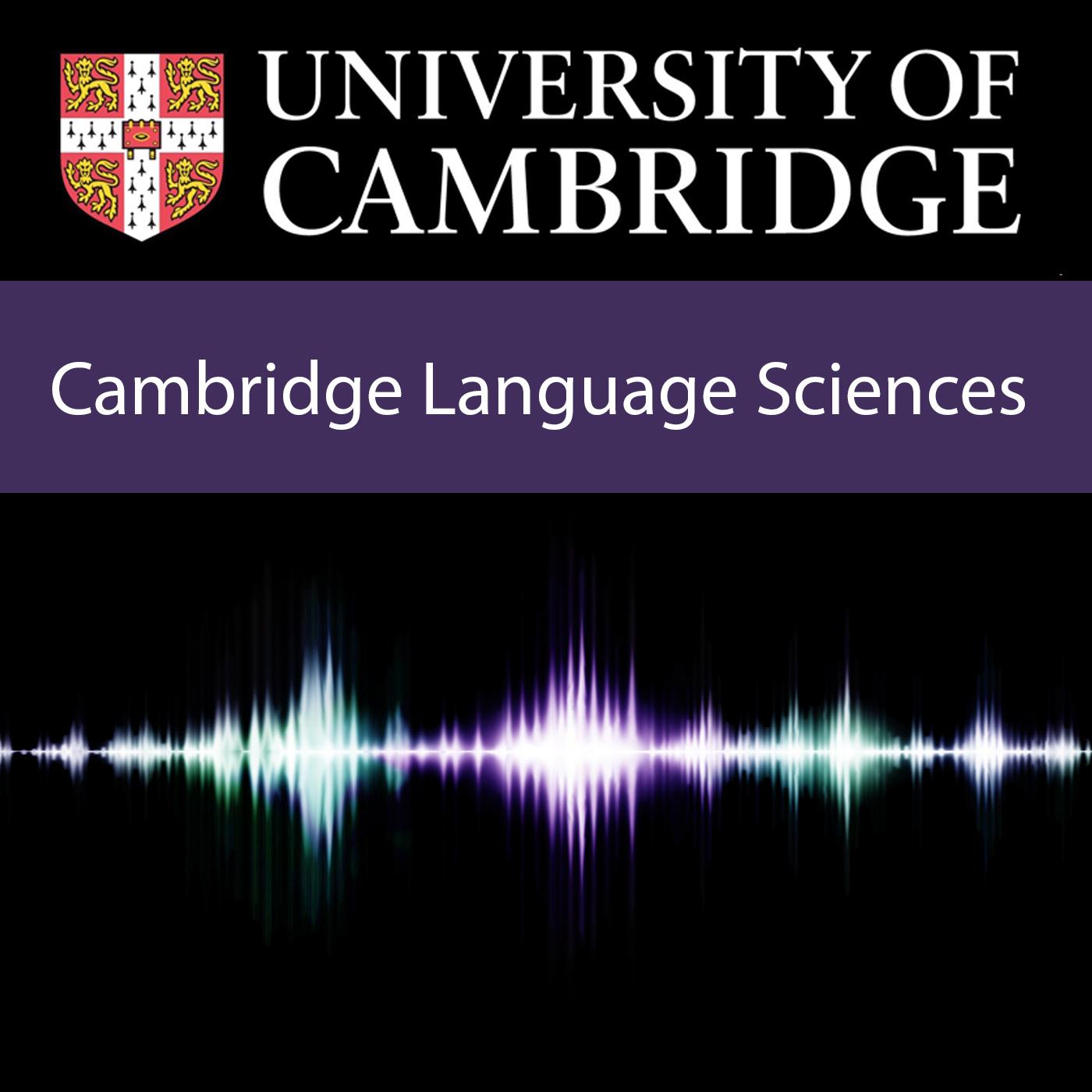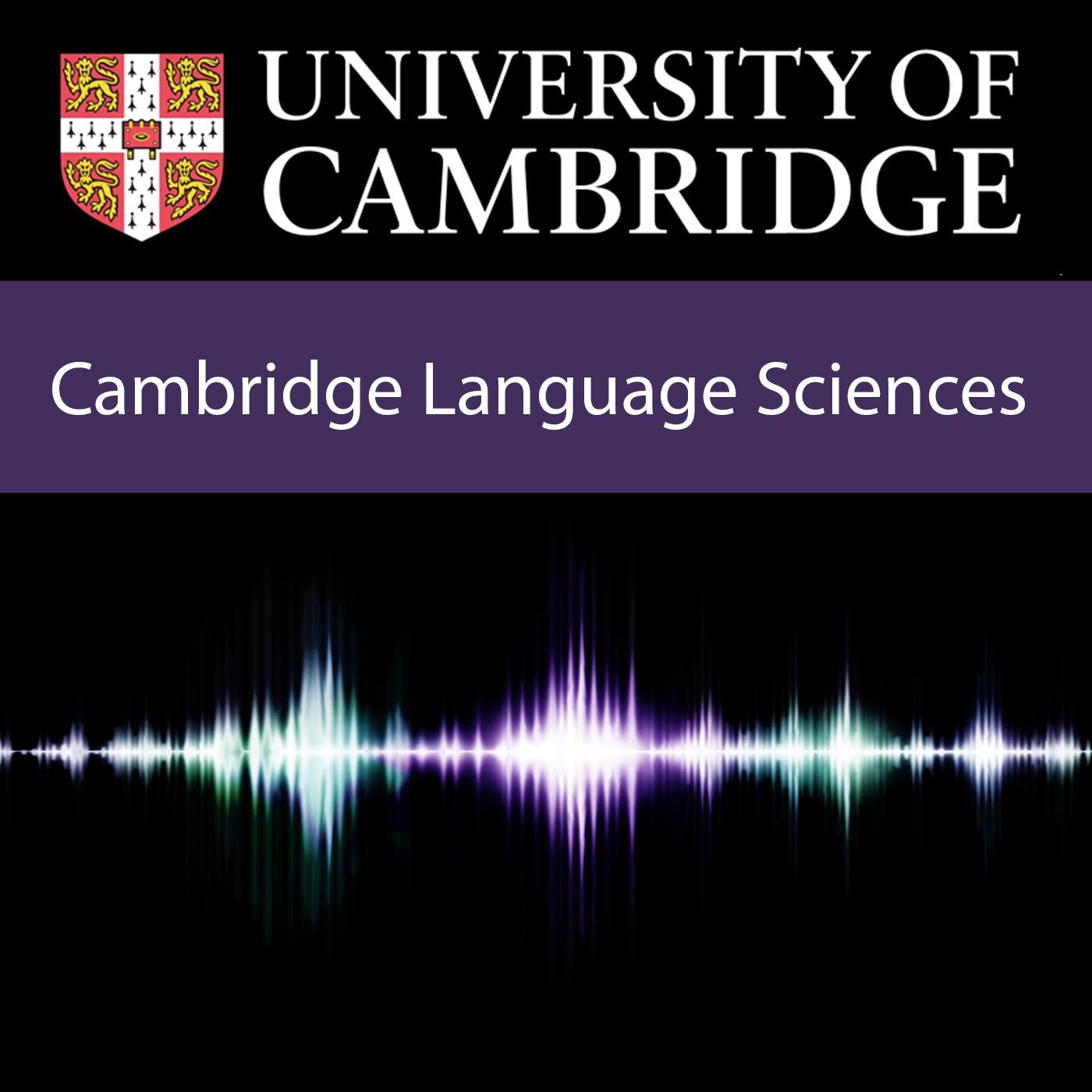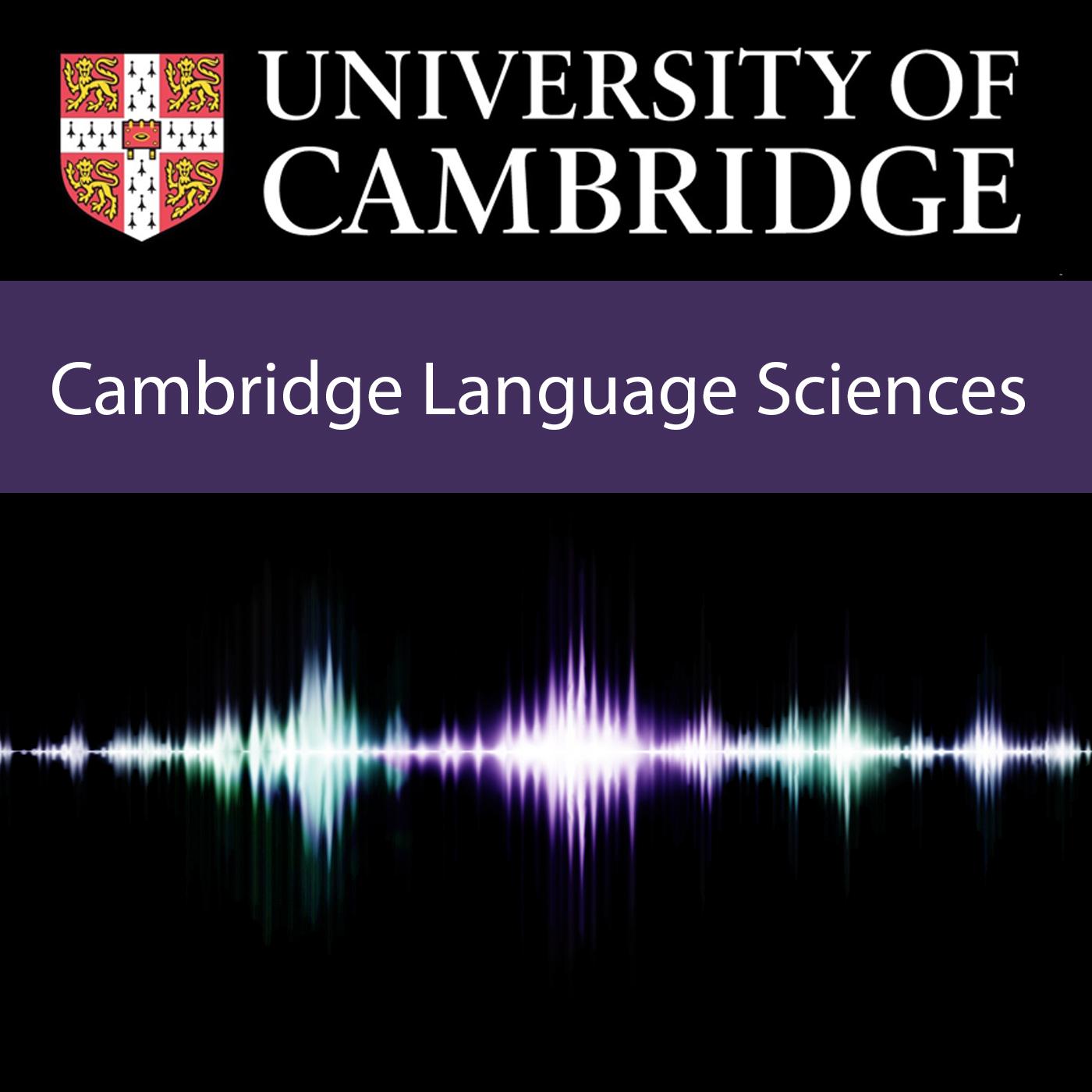Ahmed Zaidi
Update: 2021-06-01
Description
We are now in the age of information and artificial intelligence. All the data we need is available in the palm of our hands. Mobile applications like Babbel and Duolingo lower the barriers to entry when it comes to learning a new language.
So why is language learning still so difficult? Haven't the plethora of philosophical thought experiments, cognitive theories and neuroscience research combined with the scale and reach of modern technology enabled us to make language learning as easy and intuitive as playing a video game? Can we not use this technology to then increase the number of speakers for endangered languages?
Ahmed Zaidi [https://www.ahmedzaidi.com/] is a postdoctoral researcher at the University of Cambridge Department of Computer Science and Technology, and a member of the Institute of Automated Language Teaching and Assessment (ALTA) [http://alta.cambridgeenglish.org/].
His research focuses on machine learning for educational applications – how we learn, and how we can use technology and AI to improve our learning.
Ahmed will be presenting his talk Can artificial intelligence save endangered languages: a brief history of learning at the Cambridge Language Sciences Symposium for Early-Career Researchers [https://www.languagesciences.cam.ac.uk/events/cambridge-language-sciences-symposium-early-career-researchers] on 24 June 2021.
In his talk, he will walk through a brief history of learning, looking at some of the key theories of learning and framing these in the context of modern technology, like machine learning and natural language processing. Through this process, he aims to shed some light on whether artificial intelligence can save endangered languages and whether it can play a role in making languages less difficult to learn.
So why is language learning still so difficult? Haven't the plethora of philosophical thought experiments, cognitive theories and neuroscience research combined with the scale and reach of modern technology enabled us to make language learning as easy and intuitive as playing a video game? Can we not use this technology to then increase the number of speakers for endangered languages?
Ahmed Zaidi [https://www.ahmedzaidi.com/] is a postdoctoral researcher at the University of Cambridge Department of Computer Science and Technology, and a member of the Institute of Automated Language Teaching and Assessment (ALTA) [http://alta.cambridgeenglish.org/].
His research focuses on machine learning for educational applications – how we learn, and how we can use technology and AI to improve our learning.
Ahmed will be presenting his talk Can artificial intelligence save endangered languages: a brief history of learning at the Cambridge Language Sciences Symposium for Early-Career Researchers [https://www.languagesciences.cam.ac.uk/events/cambridge-language-sciences-symposium-early-career-researchers] on 24 June 2021.
In his talk, he will walk through a brief history of learning, looking at some of the key theories of learning and framing these in the context of modern technology, like machine learning and natural language processing. Through this process, he aims to shed some light on whether artificial intelligence can save endangered languages and whether it can play a role in making languages less difficult to learn.
Comments
In Channel








